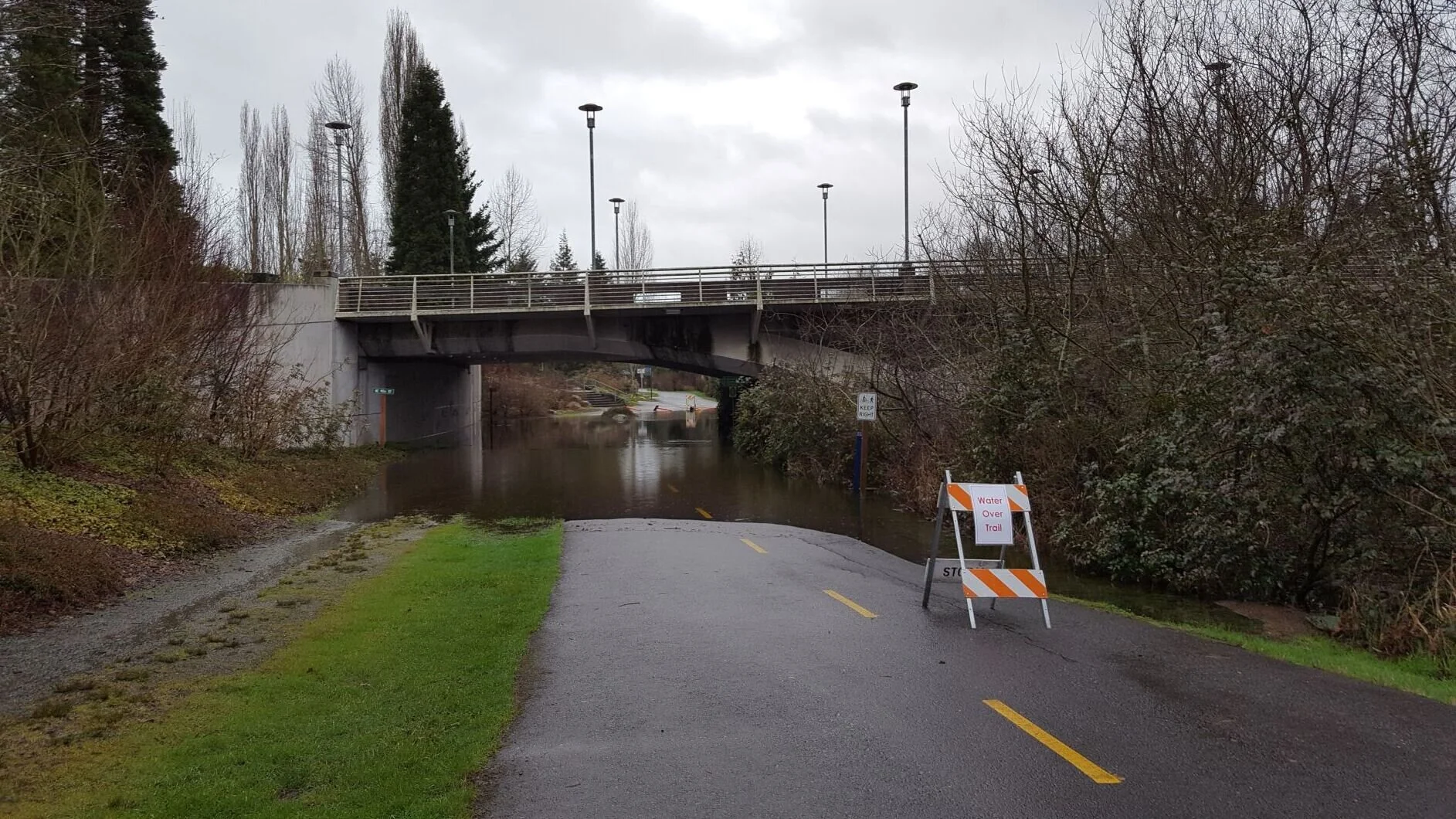The Value of Water
Recently, I’ve been thinking a lot about the balance between individual versus societal responsibility. Today, March 22, is World Water Day, so it is the perfect time to focus our attention on water.
What can we as individuals do to appreciate the multiple benefits that water gives us?
What are the best ways to conserve water?
What actions can businesses take to improve water security?
Water is, of course, necessary to support life. Access to safe, clean water should be a guaranteed human right, but millions of people around the world do not enjoy this right. Between droughts, floods, and pollution, a safe, abundant water supply is far from guaranteed, even in the United States.
I realize that I am fortunate. I live in a relatively new neighborhood—my home was built in the 1990s and plumbed with copper pipes connected with lead-free solder. I am confident that my city’s water supply is safe, and I trust that when I open the tap, clean water will come out.
Sammamish River, March 2021
Here in Western Washington, the frequent rain can make us complacent, trusting that water will come from the sky to refill our lakes and reservoirs. But climate change affects us, too.
This region didn’t use to experience torrential downpours that make streets into rivers. Now we worry about overflows from winter storms that can overwhelm a system built to withstand frequent, light rain but not several inches in a day. Stormwater can combine with pipes carrying sewage and contaminate our local waterways, including Puget Sound.
This morning, I walked along the Sammamish River Trail. I noticed early spring buds beginning to burst and watched the river gently course alongside the trail, well below the level of the pavement. But in February of 2020, storms caused the river to overflow its banks, covering portions of the trail in knee-deep water.
Sammamish River trail, February 2020
As a swimmer, I appreciate the many nearby lakes. In 2020, many of us who normally stopped swimming in the lakes when the water temperatures dropped in September continued our open water swimming throughout the fall and winter. Indoor pools were closed, and we wanted to keep swimming.
There is something therapeutic about immersing in cold water. The last time I swam in Lake Sammamish, the air and water temperature were both about 45 degrees Fahrenheit. Still, I don’t stay in the water for more than about 20 minutes, even though I’m covered head to toe in neoprene. I am looking forward to slightly warmer water temperatures so I can go for longer swims and not get too chilled.
I appreciate water, but I admit that I often take it for granted. Standing in the shower, with the warm water coursing over me, I sometimes let my mind wander. Yes, I can come up with great ideas in the shower, but it is a terrible waste of water.
Therefore, I have committed to taking shorter showers. There is one problem, though. I haven’t gotten a haircut since October 2019. Now that my hair falls nearly to my waist, it takes longer to wash and rinse my hair, but I can limit my showers to five minutes or less. Two minutes on days when I don’t need to shampoo my hair.
I wonder though, how much difference does it make? Well, if I spend two minutes less in the shower every day, that saves almost 1500 gallons of water per year.
Thinking back to my question about individuals versus businesses, I recall some statistics from companies in the semiconductor manufacturing industry.
I’m on a committee that is selecting a company to honor with the inaugural 3DInCites Sustainability Award. I’ve been reading detailed sustainability reports and combing through data on greenhouse gas emissions, energy use, hazardous and non-hazardous waste management, and water use and recycling.
Intel, one of the award finalists, reported saving 4.4 billion gallons of water in 2019 through conservation efforts. For perspective, Intel employs 110,000 people, about the population of a midsize US city.
I crunched the numbers. A city of 110,000 people all spending two minutes less in the shower every day saves 165 million gallons of water.
It may be a ridiculous comparison, but it points out that manufacturing industries use a tremendous amount of water. Manufacturers are finding ways to conserve and recycle water, which is encouraging.
Are shorter showers the best way to conserve water? Not necessarily. Fixing plumbing leaks might be more effective. Things like reducing food waste and buying clothing less frequently also make a dent in water use.
The goal, as I see it, is to do something. Small steps within your household are a great start. Maybe you can go bigger with outreach to your community or initiatives at your workplace. Whatever you decide to do, I hope that you appreciate the wonder of water.
Happy World Water Day!

